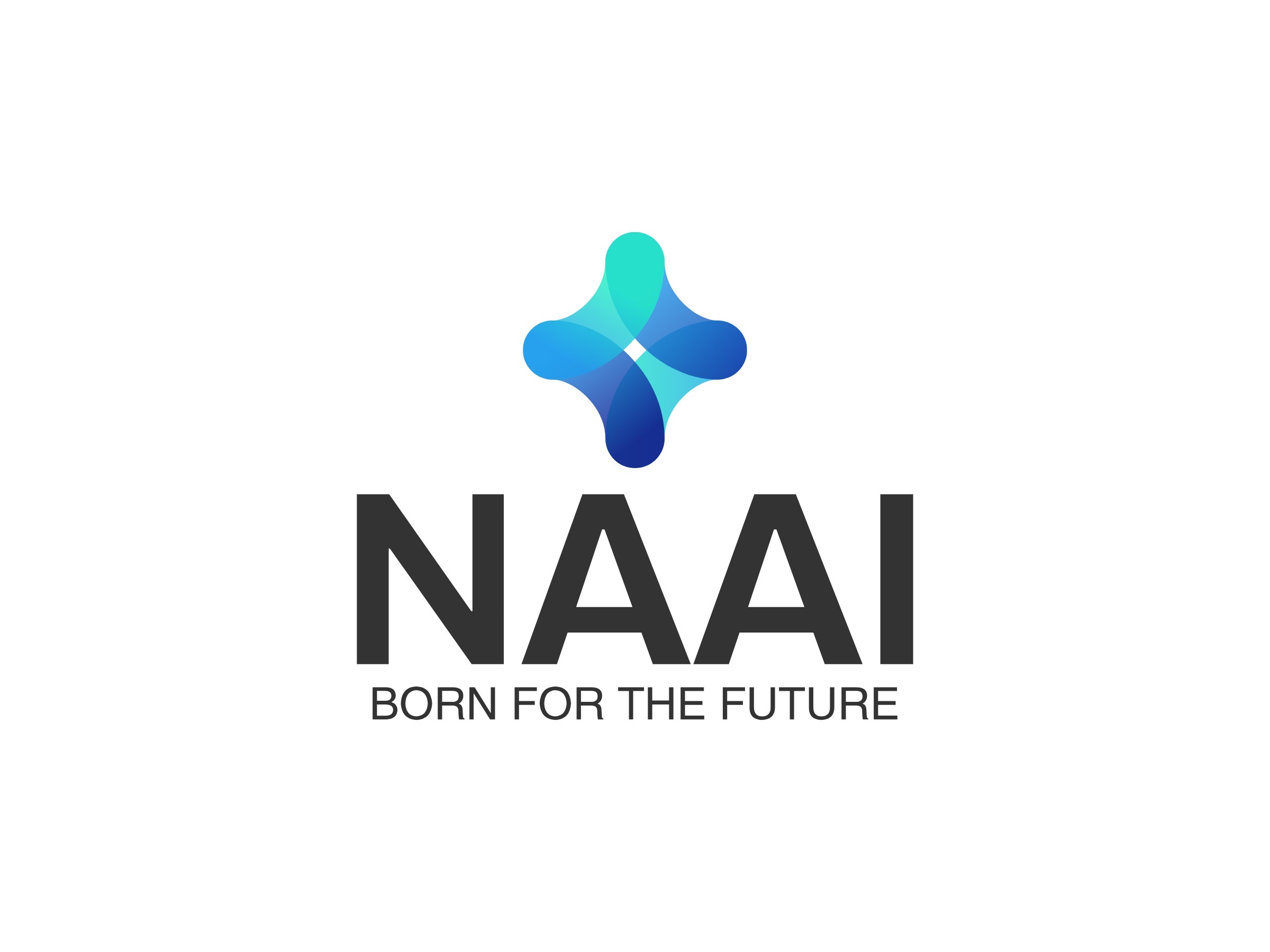National Academy of Artificial Intelligence (NAAI) Asia Institute Responsibility Framework
| source:NAAI Academic Committee
 National Academy of Artificial Intelligence (NAAI) Asia Institute Responsibility Framework
National Academy of Artificial Intelligence (NAAI) Asia Institute Responsibility Framework
I. Introduction
The National Academy of Artificial Intelligence (NAAI) Asia Institute aims to foster collaboration between Asia and the international AI research community. The institute's primary responsibilities include identifying and recommending distinguished AI scholars and engineering professionals as Fellows, Corresponding Fellows, Senior Researchers, and Senior Engineers for NAAI. It does not undertake specific research tasks but plays a strategic role in talent selection and academic collaboration.
II. Main Responsibilities
1. Recommendation and Evaluation of members
· Identify scholars in Asia with significant research achievements and international recognition in the field of artificial intelligence.
· Provide comprehensive information on candidates’ academic achievements, research contributions, and impact.
· Support the advisory and evaluation process for member selection.
2. Recommendation of Corresponding members and International Collaboration
· Recommend internationally influential scholars with strong collaboration experience in Asia.
· Facilitate academic exchanges and cooperation between NAAI and Asian universities and research institutions.
· Organize regional and international academic events to promote dialogue and knowledge sharing.
3. Recommendation and Guidance for Senior Research fellows
· Identify emerging researchers in Asia with significant contributions to foundational AI research and its ethical implications.
· Assist in evaluating and recognizing senior researcher candidates.
· Provide mentorship and support for professional development to enhance their international academic influence.
4. Evaluation and Promotion of Senior Engineers
· Recommend senior engineers in Asia with exceptional technical and innovative capabilities.
· Support research and promotion of AI technology standardization and best practices in the region.
· Encourage knowledge transfer and technological advancement in the AI engineering domain.
5. Academic Evaluation and Strategic Advisory
· Provide strategic reports on AI development trends, research focus, and technology applications in Asia.
· Offer recommendations on regional AI policies and standardization strategies.
6. AI Talent Database Development
· Establish an AI talent database for Asia to support NAAI with high-quality talent recommendations and information.
· Continuously update information on academic and technological leaders in the region.
III. Organizational Structure
1. Honorary Director
An experienced NAAI member responsible for strategic guidance and academic supervision.
2. Executive Committee
Composed of renowned AI scholars and industry leaders responsible for recommending members and senior personnel, and advising on policy matters.
3. Expert Advisory Group
Composed of top experts in AI from Asia and beyond to provide evaluation and consultation support.
IV. Operating Mechanism
· Regular Recommendation Mechanism: Conduct 1 round of membe,some rounds of corresponding member, senior researcher, and engineer recommendations annually.
· International Exchange Platform: Organize regional and international forums to promote AI exchanges between Asia and global communities.
· Reporting Mechanism: Submit regular reports to NAAI headquarters on AI developments and trends in Asia.
V. Expected Goals
· Enhance International Cooperation: Foster academic and technological collaboration between NAAI and the Asian region.
· Promote Global AI Talent Development: Provide high-level AI talent from Asia for global technological advancements.
· Strengthen NAAI’s International Reputation: Increase NAAI’s influence and cooperation capabilities in Asia.
